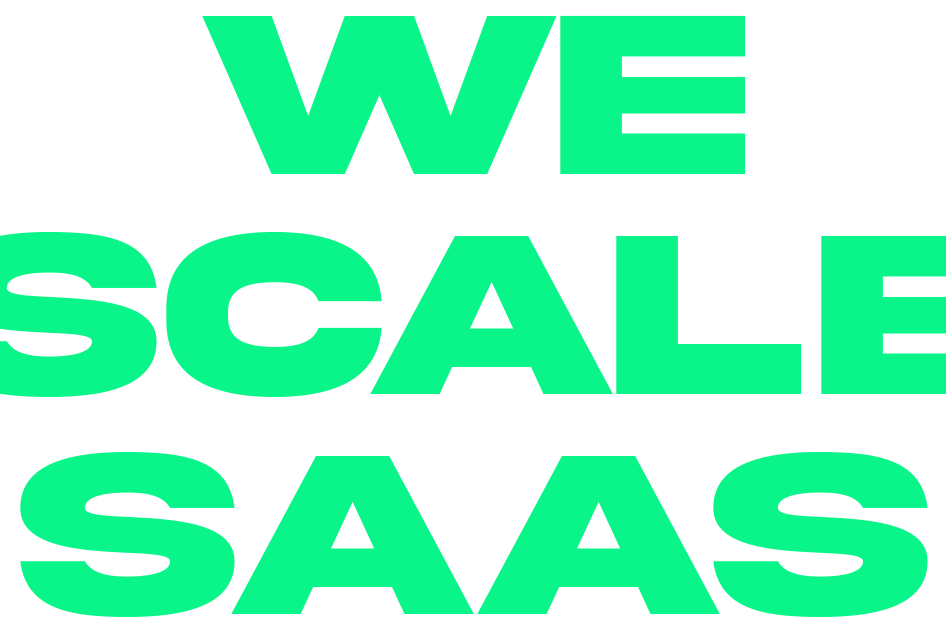Artificial intelligence can be used effectively for ideation and brainstorming in many ways. It can help enrich creative processes, provide fresh perspectives and accelerate idea generation. Here are a few ways artificial intelligence can support and enhance the ideation process:
Generating and expanding ideas
- Artificial intelligence can generate a wealth of ideas quickly . This helps especially in situations where the team is stuck or wants to get fresh perspectives on the topic. Artificial intelligence can offer options that may not have immediately occurred to you, and provide versatile ideas from different perspectives.
- Expand or combine existing ideas : AI can take a team’s initial ideas and expand on them or combine different concepts into new and innovative ideas.
Supporting creative thinking
- Associations and analogies : AI can suggest creative connections between different fields or concepts, which can help a team think about a problem in a new way. For example, it can look for analogies in other fields or propose ideas based on innovations from different cultures or industries.
- Random stimulations : Artificial intelligence can generate random ideas or words that can act as stimulating stimuli for thinking. This can help the team get out of routine thinking and find new solutions.
Trend analysis and competitor monitoring
- Artificial intelligence can analyze large amounts of data and discover new trends or developments . This can help the team gain insight into what competitors are doing or identify growing market opportunities that might otherwise go unnoticed.
- Analyzing market trends and user behavior : AI can analyze user data and identify latent needs or interests that can be used as a starting point for ideas.
Analyzing user feedback and data
- Feedback analysis : Artificial intelligence can go through customer feedback, social media comments or user surveys and find recurring themes or challenges that can serve as starting points for developing ideas.
- Data-driven decision-making : AI can analyze existing ideas and suggest which ones might be most promising for implementation based on historical data, market data or user preferences.
A multidisciplinary perspective
- Artificial intelligence can bring knowledge from different fields to brainstorming, which helps to see problems from different perspectives. For example, it can combine medical, technological and design ideas in the same conversation.
- Global Perspective : Because AI can analyze global information and trends, it can bring ideas and solutions that are popular in other countries or cultures but have not yet spread widely.
Accelerating the creative process
- Efficiency : Artificial intelligence can process and analyze huge amounts of data quickly, which speeds up information retrieval and helps the team focus on ideation without spending time on background research.
- Automatic content production : Artificial intelligence can help, for example, by producing preliminary content, examples, name suggestions or slogans that the team can further refine. This reduces manual work related to ideation.
Evaluation and refinement of ideas
- Simulations and scenario analysis : Artificial intelligence can simulate the possible effects of ideas or evaluate how well an idea could work in certain scenarios. This helps the team focus on actionable ideas.
- Multi-stage ideation : AI can suggest improvements to ideas based on previous iterations, supporting continuous idea development and refinement.
Artificial intelligence as an assistant
- Asking questions : AI can ask challenging or guiding questions that help the team think more deeply about ideation. Questions can be, for example, “How could this solution work in different markets?” or “How could this idea scale?”
- Facilitating ideation : AI can act as a facilitator, guiding the brainstorming process and constantly offering new ideas or themes for the team to tackle.
Summary
Artificial intelligence offers versatile tools to enhance brainstorming, and it can serve as support both at the starting point of the ideation phase and in the evaluation and development of ideas. It enables a faster and more efficient creative process, offers new perspectives and helps the team to use data and trends as a basis for ideas.




